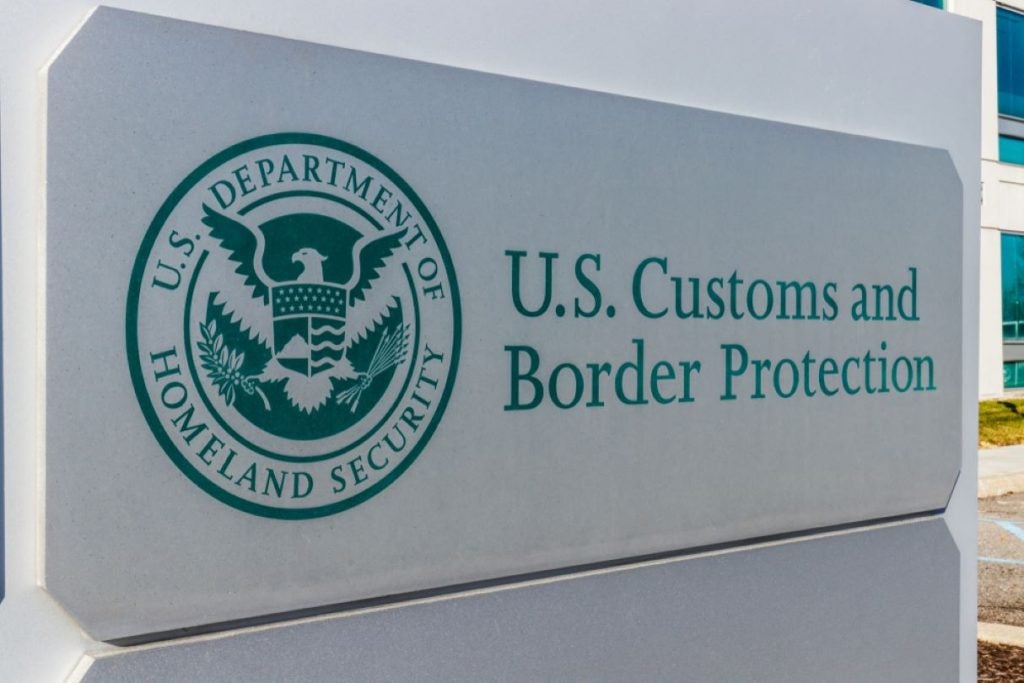GlaxoSmithKline (GSK) has agreed to acquire Chimagen Biosciences’ CMG1A46, a clinical-stage therapy designed to target B cell-driven autoimmune diseases, for $300m upfront.
The acquisition of CMG1A46, a dual CD19 and CD20-targeted T cell engager, underlines GSK's commitment to developing treatments for conditions such as lupus nephritis and systemic lupus erythematosus, with potential expansion into related autoimmune diseases.
GSK will gain complete global rights to the therapy.
Chimagen will also receive up to $550m in success-based development and commercial milestone payments.
The agreement between the companies is subject to customary conditions, including regulatory clearances under the Hart-Scott-Rodino Act in the US.
GSK chief scientific officer Tony Wood stated: “Through our work in systemic lupus erythematosus and lupus nephritis, we increasingly understand the underlying drivers of B cell-driven diseases. As a novel therapeutic option directed at deep B cell depletion, CMG1A46 offers exciting potential which we are pleased to take forward to address unmet need in lupus and related autoimmune conditions.”
The acquisition of CMG1A46 is a strategic move to address the diverse manifestations of lupus and the ongoing burden it places on patients, particularly those with severe disease who do not respond to current treatments.
CD20 is a targeted therapy in autoimmune disease treatment, and emerging clinical evidence suggests it may offer a differentiated therapeutic approach due to its presence in a broader range of B cell types.
Chimagen CEO Zhenhao Zhou stated: “We are excited by the potential of CMG1A46 to improve the lives of patients suffering from autoimmune conditions and grateful to have GSK accelerate that vision. This agreement provides further validation of our proprietary T cell-engager platform, and we are eager to continue our mission of developing novel multi-specific antibody therapeutics.”
CMG1A46 demonstrated rapid and profound B cell depletion in both the bloodstream and tissues in preclinical studies, potentially leading to more sustained patient responses.
The therapy is currently undergoing Phase I clinical trials for lymphoma and leukaemia in the US and China. GSK plans to initiate a Phase I trial for lupus in 2025.















